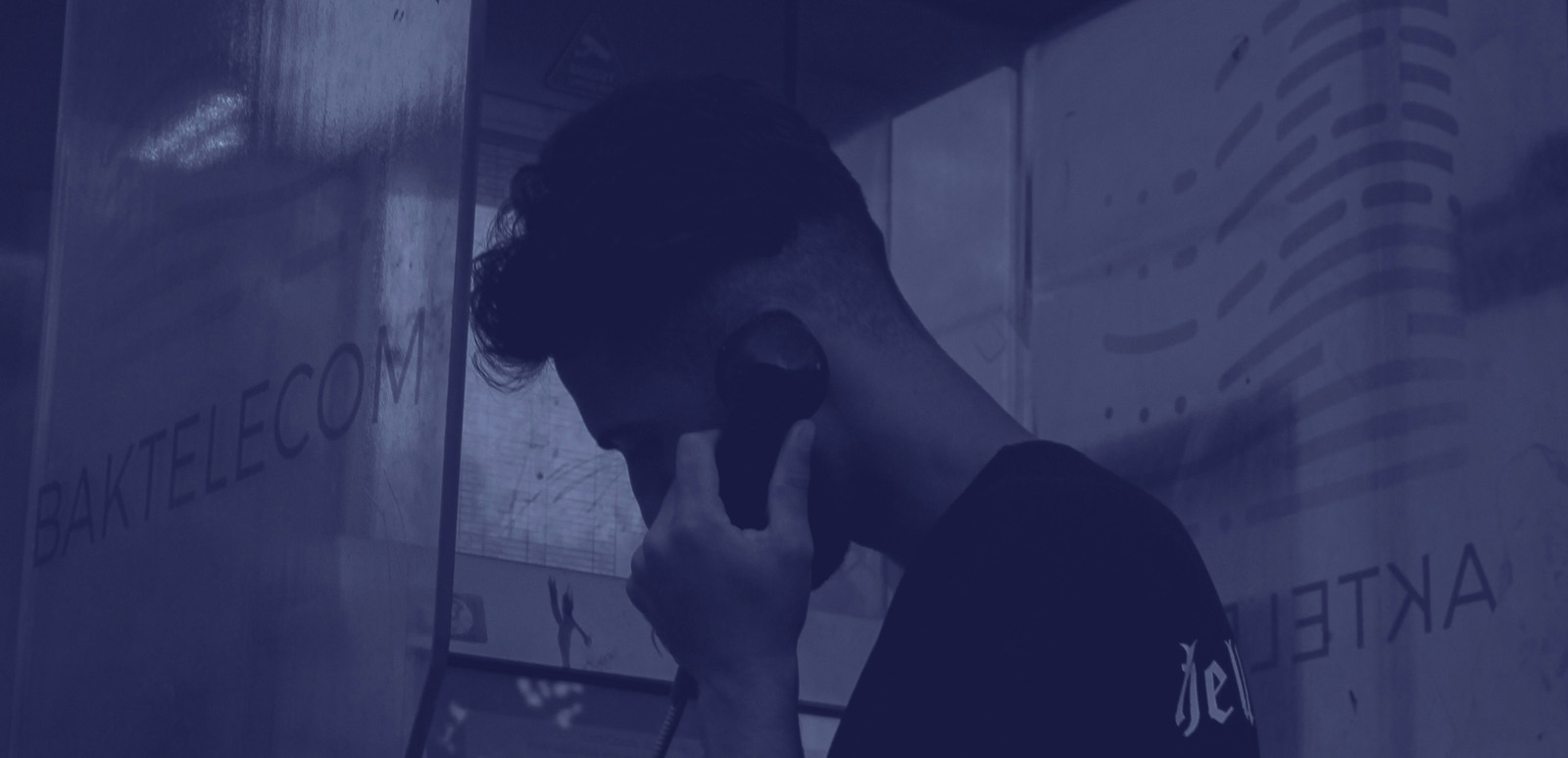In the world of cybersecurity lies a market unlike any other; where the commodity is undiscovered software flaws and the stakes are nothing short of global security. This is the domain of zero-day brokerages, a trade where vulnerabilities—unknown even to their creators—are bought and sold with the potential to cripple governments, devastate corporations, and compromise the privacy of individuals worldwide. But the real story lies in the marketplace where these exploits are bought and sold: the shadow economy of zero-day brokerages.
What are zero-day exploits?
A zero-day exploit (or simply a zero-day) refers to a software vulnerability that is unknown to the software’s creators and, therefore, has no patch available to fix it. Hackers or other bad actors are often the first ones to find this kind of vulnerability.
Foreknowledge of these exploits is incredibly valuable, especially when they target widely-used software like Microsoft Windows or iOS. The danger is that once these vulnerabilities are discovered by malicious actors, they can be weaponized quickly, often before the software developers have a chance to issue a fix.
Zero-day exploits are not merely theoretical. They’ve been the linchpin in some of the most significant cyberattacks in history. For instance, the notorious Stuxnet worm, which was intended to sabotage Iran’s nuclear program, leveraged multiple zero-days to effectively wreck one-fifth of Iran’s nuclear centrifuges. This was one-of-a-kind malware that was known to cause physical damage to infected devices. Similarly, the WannaCry ransomware attack, which affected hundreds of thousands of computers globally, was enabled by a zero-day exploit in Windows software. This attack also came as a stark reminder that it is generally not a good idea to cave into pressure and pay ransom, as you never know if you’re going to get your data back.
The rise of zero-day brokerages
Zero-day brokerages have emerged as central players in the cybersecurity ecosystem. These entities act as intermediaries, buying zero-day exploits from researchers or hackers and selling them to various buyers, including governments, corporations, and criminal organizations. In fact, the United States government is one of the largest buyers of zero-days. However, things have changed dramatically over the past decade. Today, a thriving black market exists where these vulnerabilities are traded like commodities.
This market operates in a legal and ethical gray area. On the one hand, zero-day brokerages provide a financial incentive for researchers to find and disclose vulnerabilities. On the other hand, the buyers of these exploits often use them for purposes that can be harmful or even catastrophic. Governments might use zero-days for espionage or sabotage, while criminal organizations could exploit them to steal data or disrupt services.
The prices in this market are staggering. A high-impact zero-day exploit, especially one targeting widely used software like Windows or iOS, can fetch millions of dollars. The exact price depends on the software’s market penetration, the exploit’s potential for causing damage, and the exclusivity of the sale.
The economics of zero-day exploits
The sellers in this market are often independent security researchers or hacking groups. Some of these sellers operate with ethical considerations, choosing to sell only to governments or companies that they believe will use the exploits responsibly. Others are motivated purely by profit, selling to the highest bidder regardless of intent. Nation-states are among the most prominent customers, using zero-day exploits for cyber espionage, cyber warfare, and intelligence gathering. Private companies, particularly those in the cybersecurity sector, might purchase exploits to understand and defend against potential threats.
This market operates much like any other market, driven by supply and demand. High-demand exploits, especially those that can breach critical systems or popular consumer devices, command the highest prices. The darkest side of this market is represented by criminal organizations that use these exploits for financial gain, whether through ransomware, data theft, or other malicious activities.
The supply side is fueled by the relentless pace of software development, which inevitably produces flaws that can be exploited. The demand side is driven by the increasing reliance on digital systems in every aspect of life, from personal communications to critical infrastructure.
The profit margins in this market are enormous. It doesn’t come as a surprise when you think about what it takes for a researcher who is probably spending weeks or months discovering a vulnerability and the payout can be life-changing. For brokerages, the business model is equally lucrative. They buy low from researchers, often under confidentiality agreements that prevent the researcher from selling the same exploit elsewhere, and sell high to buyers who might use the exploit for years before it’s discovered and patched.
The ethical and legal quagmire
The existence of these brokerages raises significant ethical and legal questions. On the one hand, some argue that the researchers who discover these vulnerabilities deserve to be compensated for their work. On the other hand, selling these exploits to the highest bidder—especially when that bidder might use them for malicious purposes—feels inherently wrong.
Legally, the waters are murky. While some countries have laws that regulate the sale of software exploits, enforcement is challenging. Many transactions occur anonymously, with payments made in cryptocurrencies to obscure the identities of both buyers and sellers. Moreover, when governments are the buyers, there’s little incentive to crack down on the market, despite its potential dangers.
The shadow economy: Risks and consequences
For businesses, the rise of zero-day brokerages is a nightmare scenario. A single unpatched vulnerability could lead to catastrophic breaches, resulting in massive financial losses and reputational damage. The stakes are high, and the pressure on companies to secure their systems has never been greater.
Consumers are also at risk, often unknowingly. A zero-day exploit in a widely used consumer product, like a smartphone or a smart home device, could lead to widespread data theft or privacy invasions. And the impact on global security cannot be overstated. In an era where cyber warfare is a growing threat, the availability of zero-day exploits to the highest bidder could tilt the balance of power in unpredictable and dangerous ways.
What does the future hold for this shadowy market?
On the regulatory front, we may see increased efforts by governments to crack down on the sale of zero-day exploits, though enforcement will be challenging. Meanwhile, the race is on to develop new technologies and strategies to mitigate the risks posed by these vulnerabilities. From more robust security testing to AI-driven vulnerability detection, the tech world is gearing up for a prolonged battle against this threat.
Simultaneously, some companies are fighting fire with fire, offering lucrative bug bounty programs to incentivize ethical hacking and responsible disclosure of vulnerabilities. Looking forward, the future of zero-day brokerages is uncertain.
In the ever-evolving digital landscape, security and innovation are once again at a crossroads. As zero-day brokerages continue to thrive, the question remains: will we find a way to tip the scales in favor of security, or do we remain at the mercy of this shadow economy?











